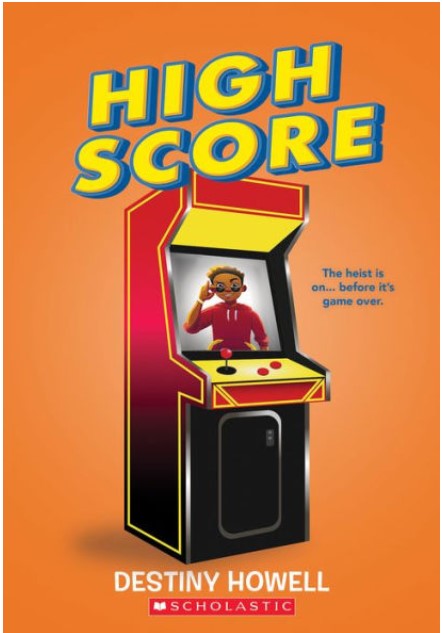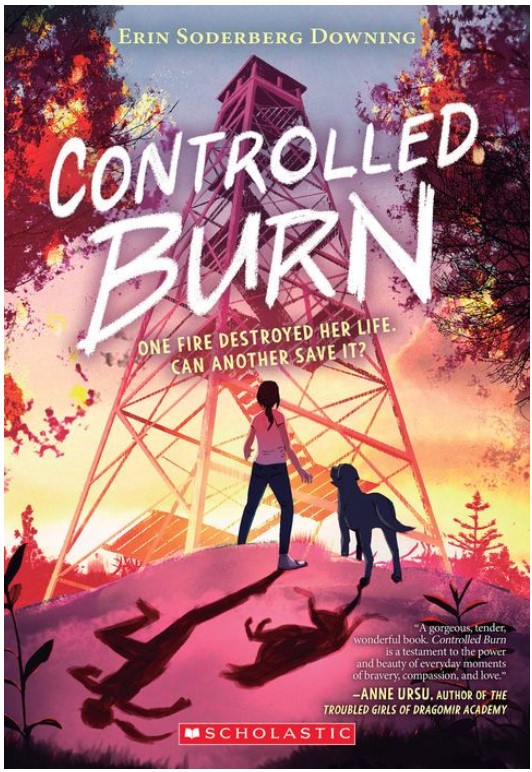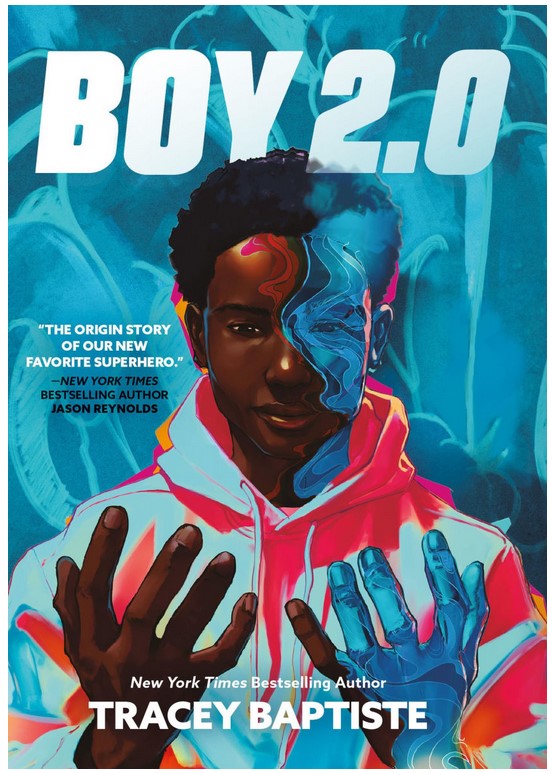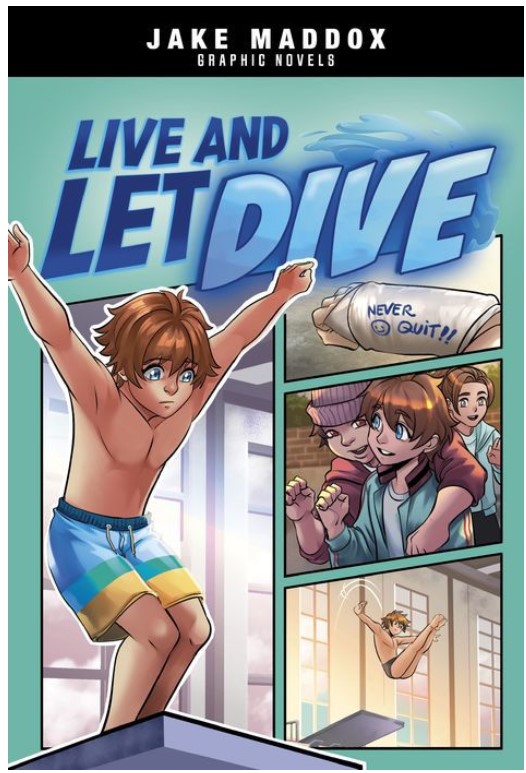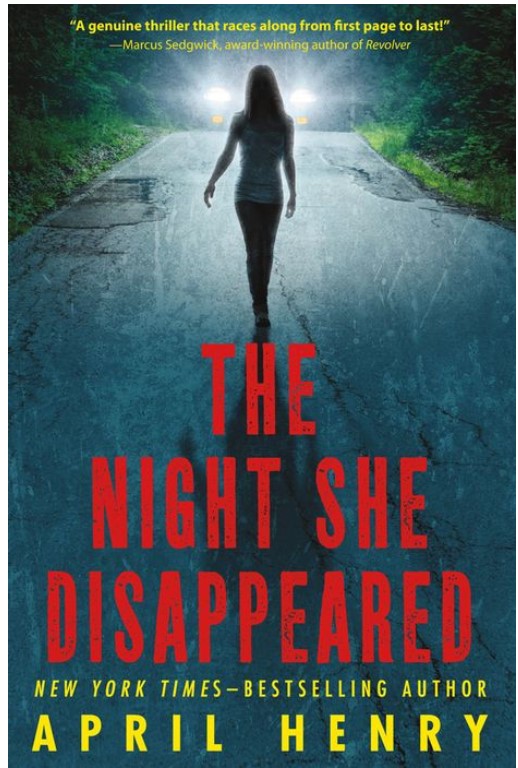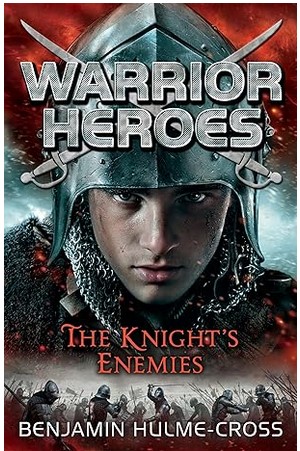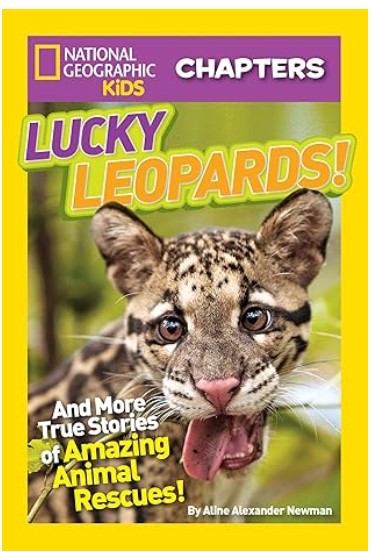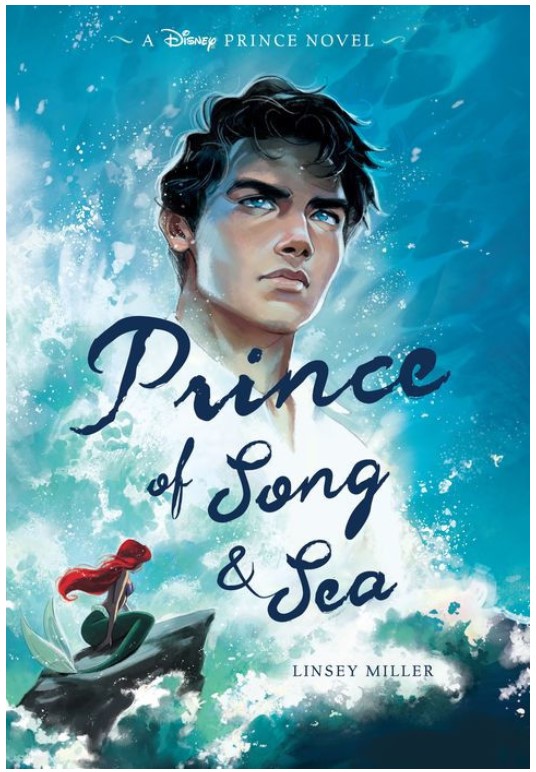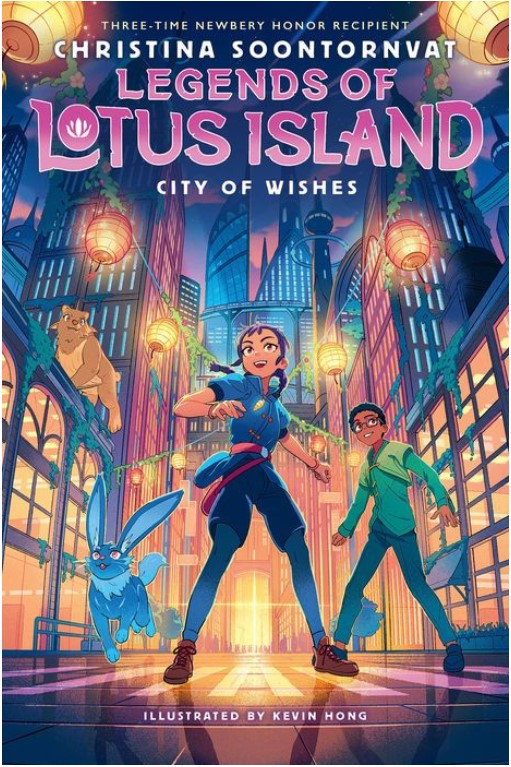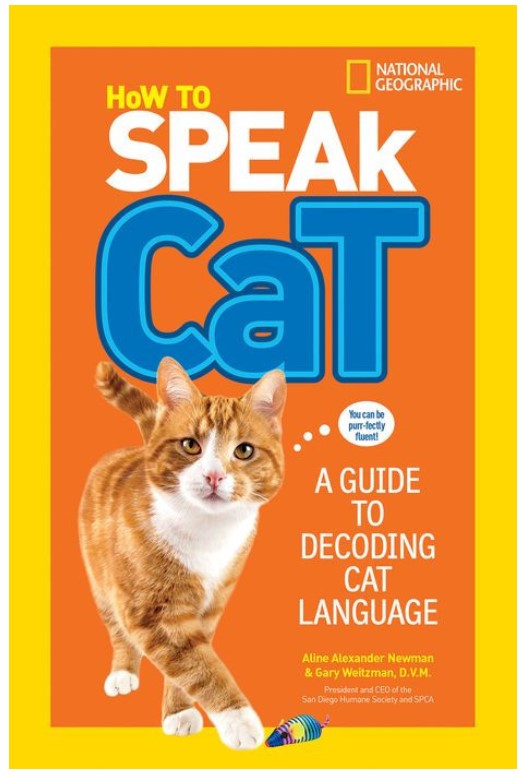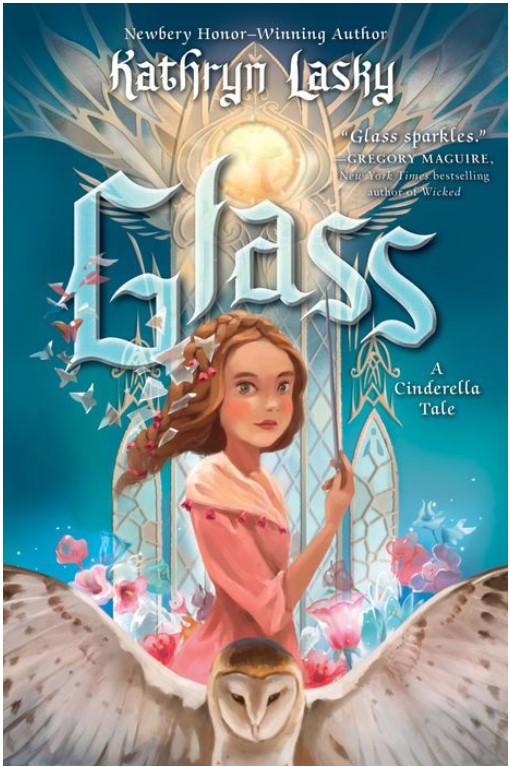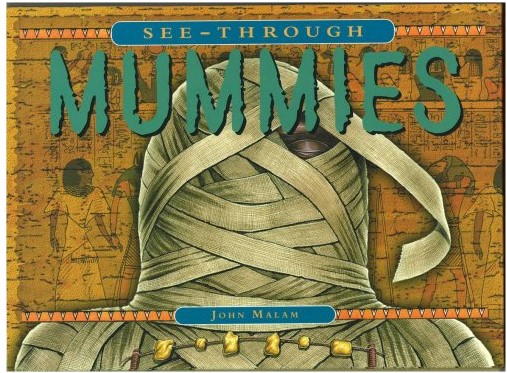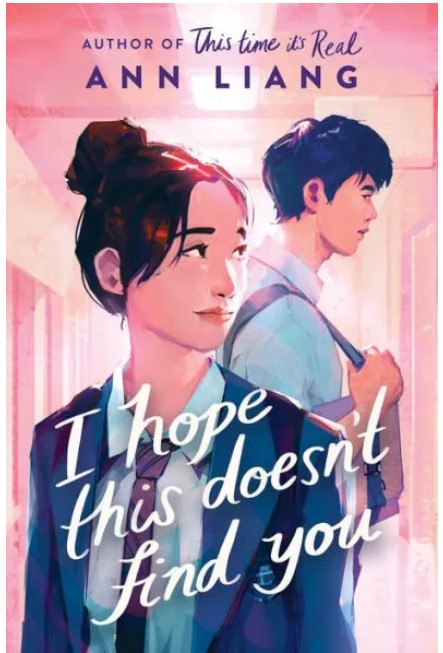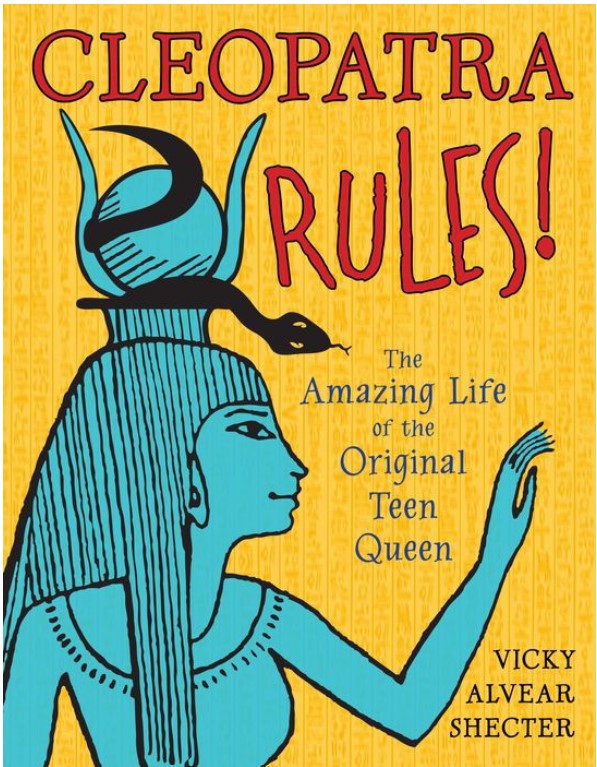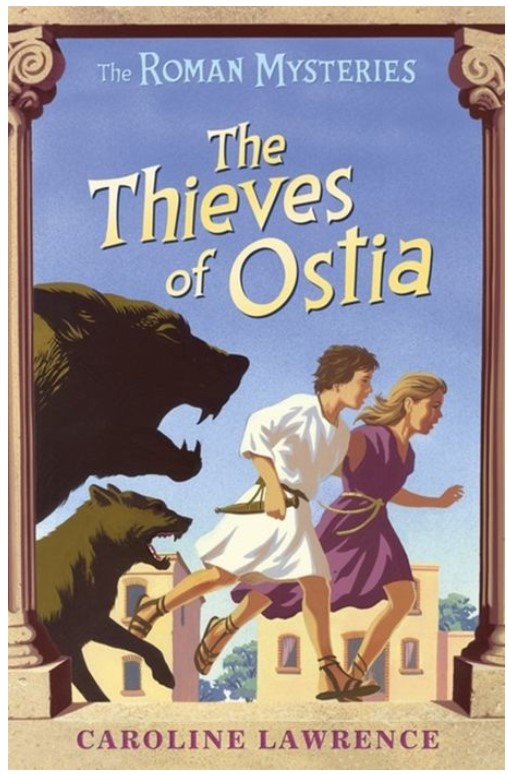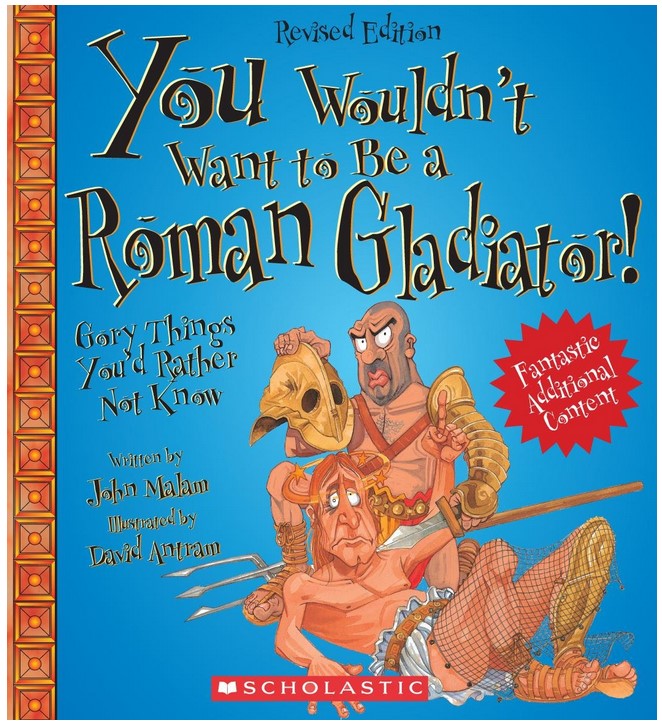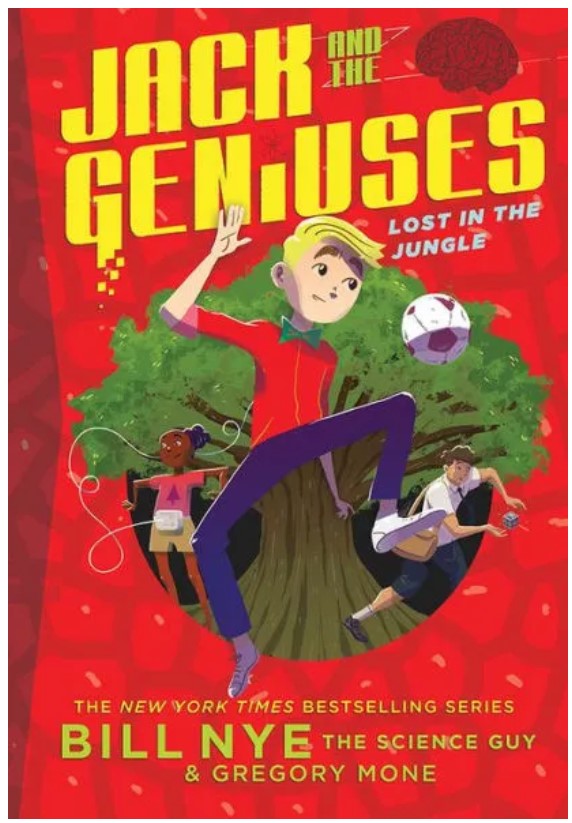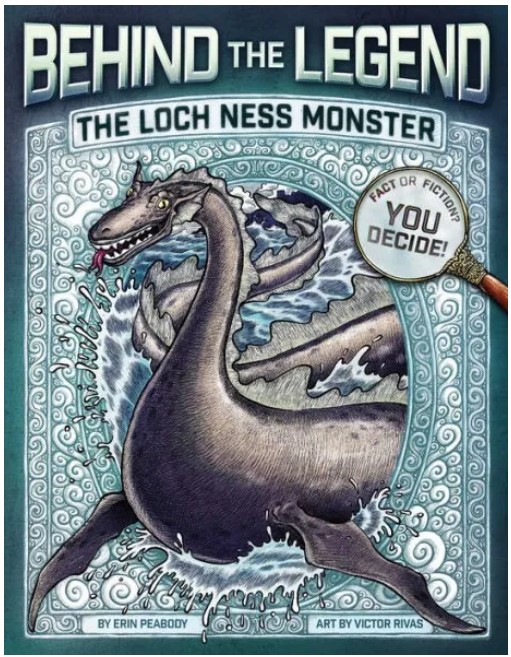For generations, Wren’s family has lived in an ancient Welsh castle in the mountains. The wind whistles through the halls, and the walls sing to Wren. The cold never leaves, and the sea is just outside her door. Wren is busy inventing things, and her father is busy disapproving.
But the castle contains a mystery and as Wren is drawn further into it, she realizes the answer lies in the very foundations of her home, foundations that are being shaken to their core. Wren knows something powerful is trapped in her house. Just like Wren. Flight may be the answer, but what if only one of you has wings?
Wren is a dark, gothic adventure set on the island of Anglesey in North Wales that features a fantastical beast—a dragon. Unfortunately, the dragon rarely appears, which will disappoint some readers. Instead, the story focuses on Wren and her family—her father, her aunt Efa, and her brother Tudur.
Readers will sympathize with Wren, who is lonely and grieving her mother’s death. Wren’s brother is mean, and her aunt’s only concern is being fashionable. Wren also struggles to understand why her father is so critical. For instance, her father criticizes Wren because she prefers going to sea on her boat rather than being an obedient daughter.
Due to family dynamics, Wren believes happiness can only be found by running away from home. When her father threatens to send her to a school for misbehaving students, Wren decides to build a flying machine to escape—even though her mother died after crashing her own flying machine. Since Wren feels she cannot trust anyone, she becomes adept at sneaking around and keeping secrets.
Wren’s character is marked by her determination and curiosity, qualities that make her a compelling protagonist. When she discovers the dragon, she immediately sets her mind to freeing it, devising a plan to teach the dragon how to fly. While some aspects of the story remain unexplained, such as Wren’s father’s frequent references to an ancient relative named Gruffudd ap Bleddyn ap Llewelyn, readers will find themselves cheering for Wren as she persuades her father to do the right thing and set the dragon free.
The story acknowledges Wren’s grief over her mother’s death and points out that when someone dies, the person lives on. This is showcased when Wren realizes that her mother is still with her—in her memories and her heart. In addition, when Wren is flying, she hears her mother’s voice giving her instructions and encouragement. The memory of Wren’s mother gives her the courage to go against society’s norms.
Lucy Hope grew up in North Wales, and her love of the outdoors is evident in her writing. Some readers may struggle with the advanced vocabulary such as dauphinoise, abhorrence, obsequious, tetchy, eiderdown, and soporific. However, the writing style is straightforward, so readers shouldn’t have any difficulty understanding the story. Wren will be enjoyed by readers interested in flying, friendship, and finding their voice. Readers looking for a book focusing more on a dragon should instead read Rise of the Dragon Moon by Gabrielle K. Byrne, Rise of the Dragons by Angie Sage, and the Dragon Rider Series by Cornelia Funke.
Sexual Content
Violence
- Wren’s father takes her to church, where a man takes her to the front and compares Wren’s chin to the chin of a skull that was of “Gruffudd ap Bleddyn ap Llewelyn,” the King of Wales in the 1000s. Next, they know, “a blast of air fills the room, followed by the arrival of dozens of gulls. Soon, the church is full of the creatures, flapping, swooping, and dive-bombing the ladies’ hats and splatting on the shoulders of the top-hatted men.”
- At the church, the birds attack a man named Airey, who “swipes at the birds now attacking him, tugging at his cowl, pecking at the hairy protrusions sprouting from his ears.” Airey and the other people flee the church.
- When Wren takes her flying machine into the air, she crashes and is knocked unconscious. When she wakes up, she discovers that her glasses “caused a few little cuts here and there. . . And you took quite a blow to your head, judging by the egg you have up there!”
- After the crash, Wren looks in the mirror. The eyeglasses caused “jagged cuts below and above each eye. My cheeks. . . are now a dozen shades of red, yellow, orange and purple, with another giant bruise running from my forehead all the way down to my collarbone.”
- Wren’s brother is mean to her, so she calls him a “ridiculous little boy.” As she glares at him, she has an urge to “kick the pale, skinny shins sticking out from his shorts.”
- One of Wren’s relatives from way back was killed “in a brawl over a horse.”
- After the dragon breaks free of a house, several men prepare to attack it. “Groups of men are now creeping across the lawn towards the dragon, wielding rakes and hoes and anything they can get their hands on. At least two are carrying shotguns.” The dragon moves towards Wren, but “some of the men bark commands to each other and run round the dragon like sheepdogs.”
- The dragon tries to escape, but a man “delivers a blow to her exposed underbelly with his stick.” Wren’s father then “yanks a garden fork out of a nearby rose bed and points it at the [man]. ‘You stay away from that dragon. . . And my daughter,’ he hisses.”
- To show the dragon how to fly, Wren takes off in her flying machine. When she leaves, “One of the [men] gives [the dragon] another sharp prod with his stick. . . She lifts one of her giant legs, scoops up the [man], and hurls him towards the water.” Someone goes out into the river to save the man. The men attacking the dragon is described over 10 pages.
Drugs and Alcohol
- Wren’s aunt takes a “slurp of red wine” at dinner.
- Wren’s father shows up at dinner and “smelled of wine before he’d even had a drink at the table.”
- Wren watches her father in his office. “He slumps into his old leather armchair, picks up his glass of wine and tips what’s left of it into his mouth.”
- A man is blackmailing Wren’s father. The man tells him, “His lordship should be more careful who he shares his secrets with after a skinful of claret.”
- After Wren crashes her flying machine, a chemist puts “daily application of oil of earthworm, foul-smelling vinegary poultices and . . . horse-dung tonic” on her wounds.
Language
- Several times, the book says an adult “swears,” but no specific swear words are included.
- The adults say blasted a few times. For example, Wren’s father says, “You’re too like your blasted mother.”
- Damned is used once.
- “Dear God” and “Good God” are both used infrequently.
- Poppycock is used as an exclamation once.
Supernatural
- When Wren flies for the first time, she can feel her dead mother’s presence. “As I ease the cords through their pulleys with cold fingers, I feel callused hands on mine, guiding them, reassuring me.” Wren’s mom tells her, “Keep an eye on your tail. Watch your height.”
- One of Wren’s relatives from a long, long time ago found an egg. He put the egg in the basement and built a house on top of it. Several generations later, the egg hatches, and a dragon is born. As the dragon grew, “it became entangled within the area that protected it—your house. . . And as it grew, every part of it . . . grew into and around the stonework of your house, until the two became one.”
- For the dragon to fly, it must sing to the mountains. “As she began her life in the belly of the mountains, she is the child of the mountains. She cannot fly until they respond. Until they call to her.”
Spiritual Content
- Wren prays several times. For example, when she plans to use her boat as part of a flying machine, Wren prays, “It’ll still be seaworthy after my fight.”
- Wren’s friend gets trapped in the house, which is crumbling around him. “Without thinking I tear at the pile of stones with my bare hands, praying the roof doesn’t collapse on top of me.”


